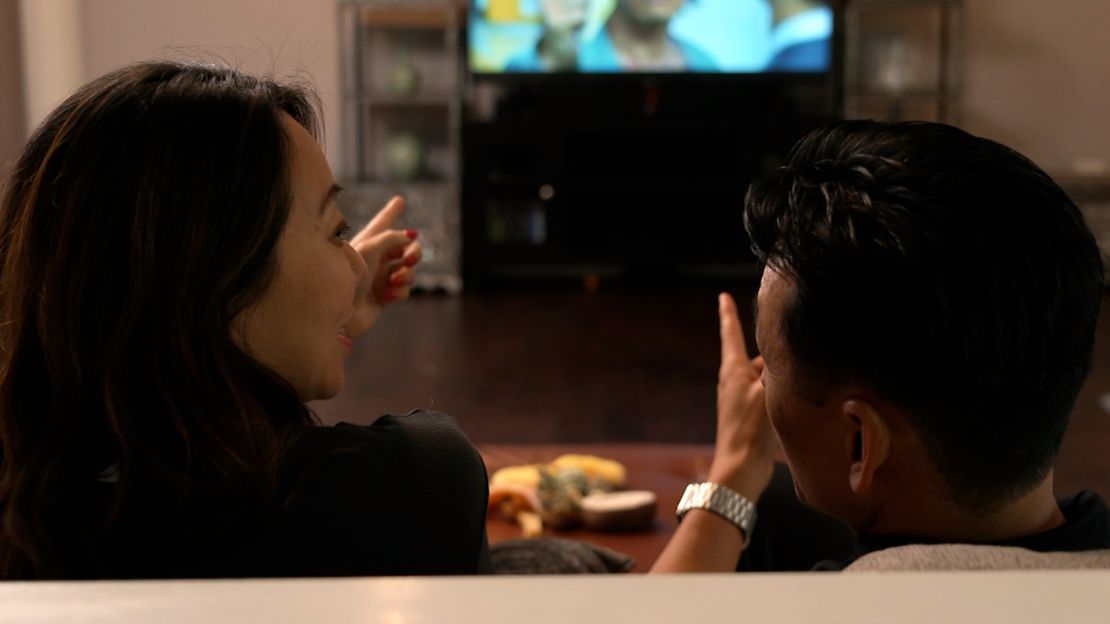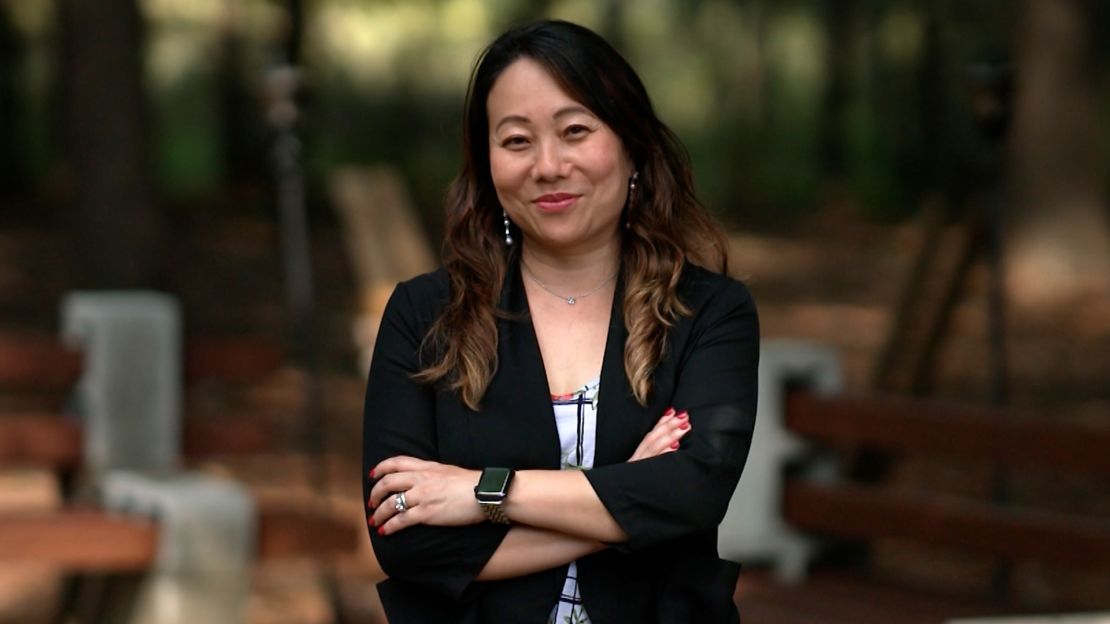Record numbers of Americans have quit their jobs this year. More than 40% of workers are reportedly thinking about doing the same. After 18 months of societal turmoil, workers are burned out.
“The last year and a half has had a huge effect on burnout, stress, depression around the world, really, and so we’re not the same,” said Jeanie Chang, a North Carolina-based licensed marriage and family therapist. “This is a changed world, a changed workplace.”
While the concept existed before the pandemic – the World Health Organization recognized workplace burnout as a legitimate medical diagnosis in 2019 – research has found it has soared in the era of face masks, social distancing, and working from home.

‘No one is immune’
As millions of workers are discovering, burnout can happen to anyone. “No one’s immune,” said Chang.
Burnout can come from not feeling valued at work, like being overlooked for a promotion, Chang adds. It can develop from being overworked, not having clear boundaries, and be compounded with pressures at home, especially for parents and caregivers. It might even stem from indirect trauma, like emotionally fraught stories in the news.
In her practice, Chang said she often sees the toll of microaggressions and emotional labor burning out clients of color.
“Marginalized communities are more affected,” Chang said, “because their narratives are not always validated.”
Culture can also influence burnout. Having grown up in a culture reluctant to address mental health, Chang unsuccessfully tried to ignore the stresses of her fast-paced journalism job in her early 20s. “You can love what you do but go into burnout because you’re not managing your stress effectively,” said Chang. She ultimately had to leave the industry.

Stress vs. burnout
While stress is an everyday part of the human experience, burnout doesn’t have to be, Chang said. It’s normal for stress to leave you feeling overwhelmed. But that emotional response is a key differentiator, she said.
“Burnout looks very different than stress,” said Chang. “It’s where you’re disillusioned, underwhelmed, and the term is ‘blunted,’ where you’re emotionally just flat. Nothing really fazes you anymore.”
You may lose interest in the things you used to enjoy. Daily functioning may suffer. You might find yourself questioning everything. Others might recognize changes in your personality.
Burnout can look like or occur alongside depression, so Chang believes it’s important to seek professional help if you notice warning signs.

Not one-size-fits-all
Left unchecked, burnout can wreak havoc on the body. A 2020 study links burnout with atrial fibrillation, the leading cause of stroke in the United States. Chang said she suffered sinus infections and pneumonia for months after her own experiences with burnout.
That’s why catching burnout early – or preventing it outright – is so important. But Chang cautions there’s no one-size-fits-all solution to individual recovery. While some workers may need a temporary break from their job, others might need to leave their role or switch industries.
“Burnout can take years to get to. And then burnout could just as quickly go away when you pivot once. But then also it could take years to get through,” Chang said, noting it took her several months. “It’s different for everybody.”

Managing daily stress
It’s crucial to learn to manage your stress on a daily basis, said Chang. The first step is validating how you are feeling and why. Learning to spot your triggers and boundaries will help you gain a sense of control.
Also think about the things that get you “excited in life” and try to make them a daily habit. For Chang, it’s watching K-dramas (Korean TV shows), going on walks, spending time with her family and playing with her mini goldendoodle puppy. She credits those activities with preventing burnout after a particularly hectic time earlier this year.
“You can build your own resilience daily,” said Chang. “We all have resilience. We need to work hard to build it. And that’s the process of preventing burnout.”
